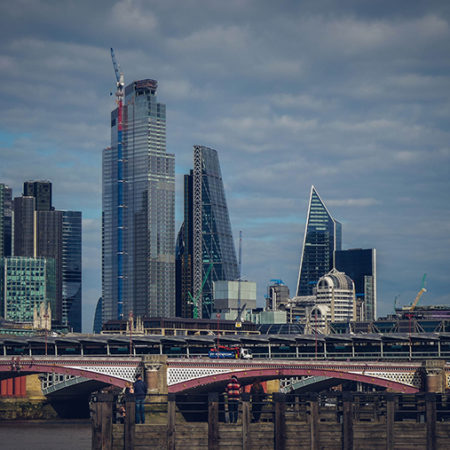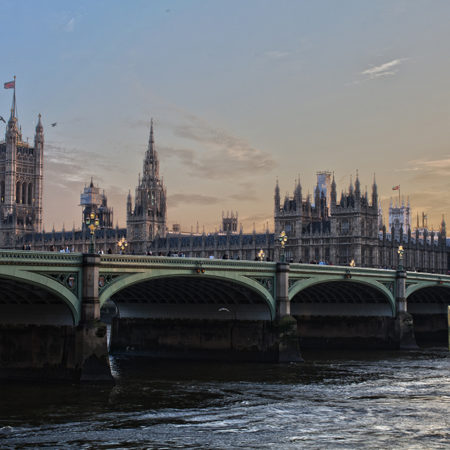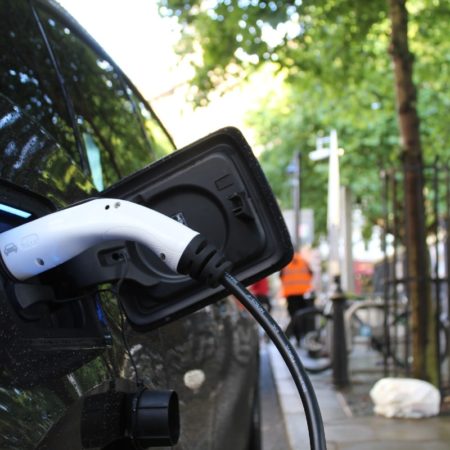The Government has recently released its Jet Zero Strategy. But can businesses that rely heavily on air business travel and air freight be confident action will help them drive down emissions?
Or, perhaps they need to take things into their own hands and seek alternatives to air travel?
Airs and graces
‘Decarbonising aviation will not be straightforward,’ begins the government’s Strategy, a statement of the obvious. Yet, it’s a potent document too. It promises the UK aviation sector will reach net zero by 2050. In addition, there is an earlier target for UK domestic flights to reach net zero by 2040.
There are hints of realism too; an acceptance that many of the technologies we need to achieve Jet Zero are at an early stage of development or commercialisation; their nascent nature means that government does not yet know the optimal technological mix out to 2050.
There is also realism on the fact this is a hard-to-decarbonise sector, with solutions at different stages of technological and commercial readiness.
Yet the government is candid; this is a sector that is committed to decarbonisation and one that simply must deliver.
£180 million is available for more sustainable aviation fuels; with £685 million for the ATI tech programme. It’s also worth noting that UK aerospace exports, worth £34 billion, represent an estimated 13 per cent of global market share and domestic production of green fuels could support up to 5,200 UK jobs by 2035.
The argument should therefore not be that aviation is too important to change, but that it’s too important not to change, says government.
Is Jet Zero up to scratch?
Some analysis hints at problems. New Scientist writes that efforts to make flying greener mostly count carbon dioxide emissions only, but modelling shows this ignores 90 per cent of future flights’ contribution to climate change.
The warming effect comes from the ways flights heat the atmosphere beyond the carbon dioxide emitted by burning jet fuel, which are the only emissions currently counted by international and most national efforts to decarbonise aviation. The main one of these non-CO2 effects is the contrails that form because of the soot, aerosols and water vapour released by aircraft engines.
So, Jet Zero may need to become climate-neutral, not carbon-neutral, to make meaningful change. Additionally, the status quo of jet fuel and offsetting would require an area the size of Germany to be planted with trees to compensate for the planes’ emissions. That amount of CO2 removal is very large and may be unfeasible.
Carbon Brief meanwhile says that the Jet Zero plans actually allow passenger numbers increase by 70 per cent from 2021 to 2050, representing an additional 200 million passengers.
It seems that under the surface, the Strategy plans for flight demand to increase, which would see aviation emissions rising from 38MtCO2e in 2019, before the Covid-19 pandemic, to 52MtCO2e by 2050.
The strategy goes on to suggest that a series of interventions chiefly based on untested technology could then reduce the impact of this demand growth, bringing the sector’s emissions total down to 19MtCO2e in 2050.
The government also sets out two additional scenarios, one involving a “breakthrough in sustainable aviation fuels” and the other a “breakthrough on zero-emission aircraft”. These still result in residual emissions in 2050, albeit at lower levels of 8.6MtCO2e and 11.3MtCO2e, respectively.
The Climate Change Committee (CCC) has said both of these technologies represent “major risks” to the government’s climate plans and may not deliver sufficient emissions reductions.
It’s all beginning to sound a little sketchy.
Reach for the skies?
Speaking to Carbon Brief, Helena Bennett, head of climate policy at the think-tank Green Alliance, says the aviation strategy shows a “very blatant disregard for [the CCC’s] recommendation of a demand management framework”.
The UK government’s reluctance to tackle demand (in real terms planning for it to rise by the aforestated 70 per cent) also puts it at odds with other countries in Europe. For example, in 2021, France put in place plans to ban domestic flights where the same journey could be made within two-and-a-half hours without flying.
edie’s analysis says while industry bodies backing alternative fuels have welcomed the UK government’s new plans for decarbonising the sector, green groups are accusing Ministers of betting too heavily on unproven tech and failing to prepare to reduce demand.
Overall then, the sense is that the Jet Zero Strategy is a good idea. But crucially it isn’t interested in cutting flying volumes at all, and secondly most of the science and tech it promises will achieve decarbonisation of aviation is largely unproven and unscaled.
The Net Zero Strategy overall for the UK has just been ruled unlawful, too. It isn’t that the UK doesn’t aspire to lead on net zero. It’s that what’s actually within our strategies, for now, isn’t set to deliver. Perhaps the incoming Conservative administration can keep up the Net Zero momentum; but with added realism?























